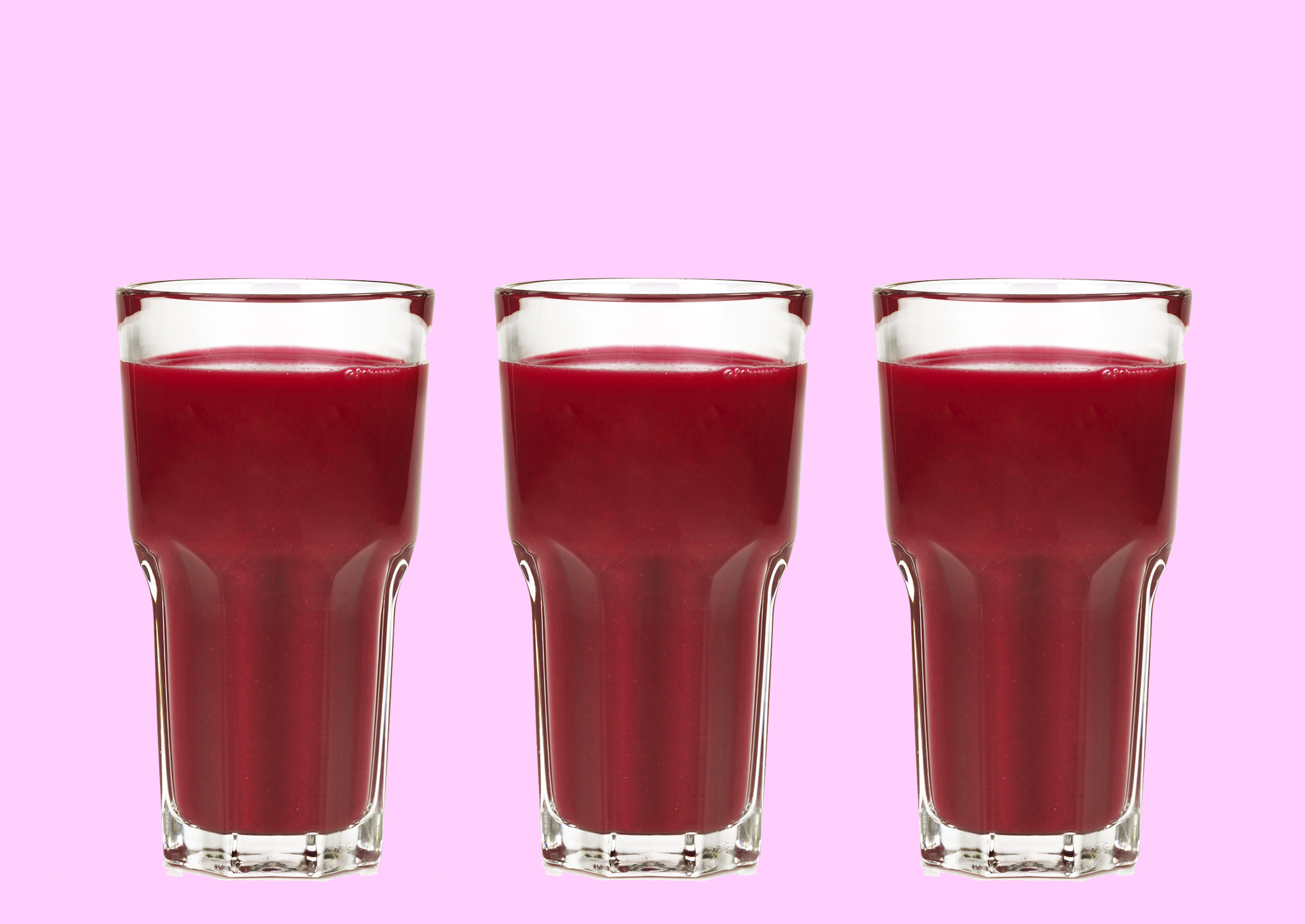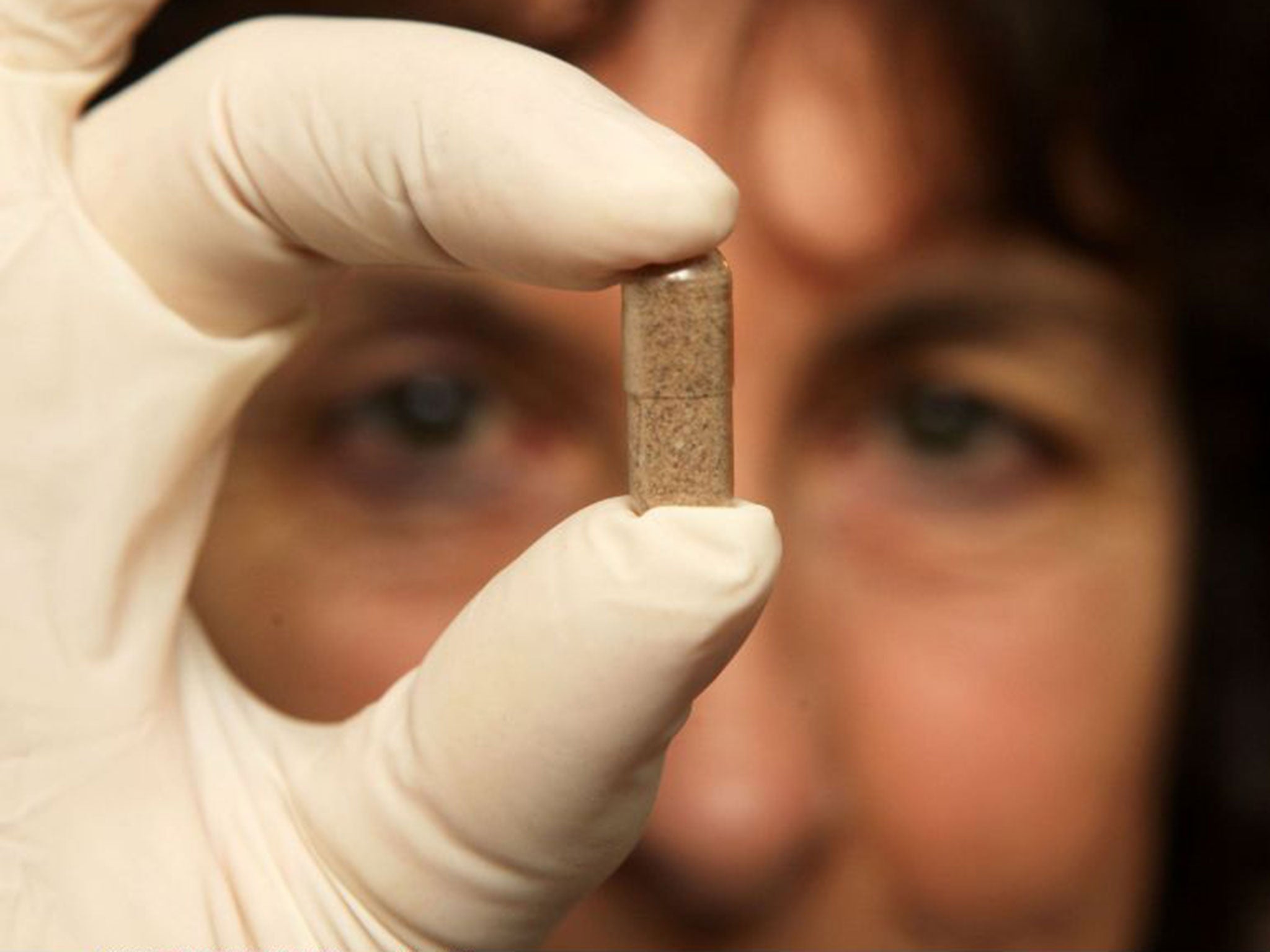Before you judge or scrunch up your face, just let me explain why I ate and drank my child's placenta
I've been providing placenta smoothies and capsules for women ever since, and as well as being safe the benefits are often huge

When I chose to eat my placenta after my son’s birth in 2009, drinking both raw placenta smoothies and swallowing dried placenta capsules for several months, I could have never predicted the events that would follow.
Placentas have been in the news recently, after it was reported that the company Optimum Doula, which makes drinks and pills from women's afterbirths, was being investigated by public health officials. Kathyrn Beale, who owns the business, has denied any wrongdoing, but the media has seemed to enjoy sensationalising the story, knowing that most people think it's a bizarre dietary habit.
But in my opinion, the public is missing the real story here.
Even though I have been promoting what's known as "placenta encapsulation" for several years now, I'm fully aware that eating a placenta is unusual. I can't deny that. Talking about it always makes people cringe, and leads to interesting facial contortions. But it also has so many hugely important benefits.
I didn’t just eat my placenta to be different; no-one does. Women eat their placentas because they've learnt from other women all about all the benefits.
Put yourself into a new mothers position. If you had a choice between the risk of post-natal depression or insufficient milk supply once you've given birth, and someone said that eating your newborn's placenta could help avoid both of these issues, what would you choose?
I started off making raw placenta smoothies and placenta capsules for a few women in London when my son was just a few months old. Before I knew it, midwives from private hospitals and NHS hospitals were referring new mothers to me for support.
To fit around my busy schedule, I began by collecting afterbirths from mothers early in the morning and late at night. At the time I was working as a pregnancy therapist and baby masseuse, while looking after my two children.
I scrubbed my kitchen day and night to ensure my working space was clean. Often, I had to shoo my husband away while I cleaned, cooked, dehydrated and encapsulated placentas, while listening to Moby or my favourite "chill out" CDs.
My favourite part is delivering the freshly made capsules back to my clients because they are always so thankful that I had given my time and energy to help them recover quicker after birth.
There isn’t any other remedy, vitamin, therapy or service that can offer similar promises and for that I felt special. I was offering new mothers the chance to be and feel "normal" after birth, what an awesome gift.
But delivering this gift has come with a cost. At first, environmental health officers were very supportive and encouraging, and helped me improve the food safety standards of my new business a great deal.
From 2010 I built a stable placenta business and taught over 100 birth support workers from all over the world how to make placenta remedies for their local mothers. However, in 2013 a environmental health in Hertfordshire raised some red flags about raw placenta smoothies. This sparked a flame of controversy we are still trying to put out.

As a network of 72 specialists, we have been battling the prejudice and accusations over food safety by local authorities ever since. It's a never-ending battle of assumptions.
What remains known is that the placenta belongs to the mother, who has the right to chose if she wants to consume it or not.
Of course, like any other professional food business, we practise safe food and hygiene standards and ensure that everyone has the right training qualifications. We’ve even invested thousands of pounds into independent reviews by food safety microbiologists. However, we're still accused of “serious risks to human health”, despite no evidence to support this claim.
I think what it really boils down to is fear. Fear of the unknown is a powerful thing and very few people in today’s world trust a remedy or supplement that doesn’t have "scientific research" behind it.
Without selling my house and moving into a cardboard box for the next 10 years, extensive scientific research will have to wait. For now, more and more women every day want to eat their placentas, and despite animosity from a few environmental health officers who have made it their mission to shut down "those dangerous placenta ladies", we will carry on supporting new mothers.
After all, it's a woman's right to do whatever she wants with her own placenta after birth, and no-one's business but her own.
Lynnea Shrief is the Founder and Director of IPEN Placenta Network, a placenta remedies information and training service provider based in the UK. To find out more go to: http://www.placentanetwork.com

Join our commenting forum
Join thought-provoking conversations, follow other Independent readers and see their replies